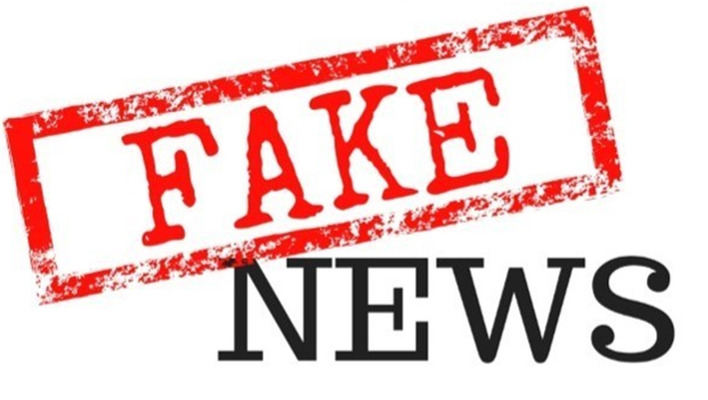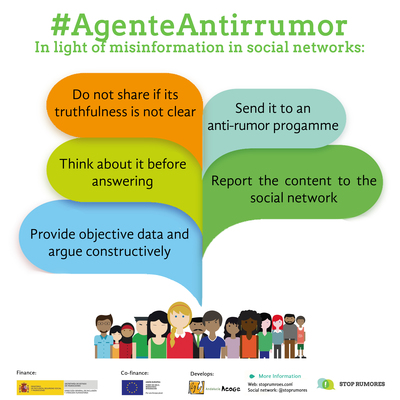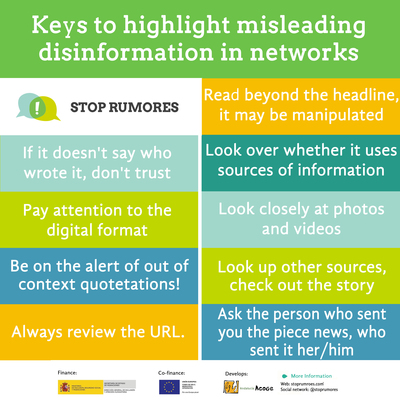
Fake news is false or misleading information presented as news. It often has the aim of damaging the reputation of a person or entity, or making money through advertising revenue. Nolan Higdon has offered a definition of fake news as
"false or misleading content presented as news and communicated
in formats spanning spoken, written, printed, electronic,
and digital communication".
The prevalence of fake news has increased with the rise of social media. Political polarization, post-truth politics, confirmation bias, and social media algorithms have been implicated in the spread of fake news. It is sometimes generated and propagated by hostile foreign actors, particularly during elections. Fake news can reduce the impact of real news by competing with it.
How can we deal with fake news?
As you know, you can create a big difference if you:
- Choose the best moment to speak.
- Talk with respect. Listen actively.
- Try to understand the other point of view.
- Get the attention and explain your part of the truth.
- Keep calm, be polite, don´t lose your nerves.
Ten, you are in the best position to:
- Take the opportunity to express your point of view.
- Present your arguments.
- Make questions, invite to curiosity, raise expectations...
- Show how/where/what/when... the counter-arguments are illogical or false.
- Allow your partners to find their own answer (socratic method).

